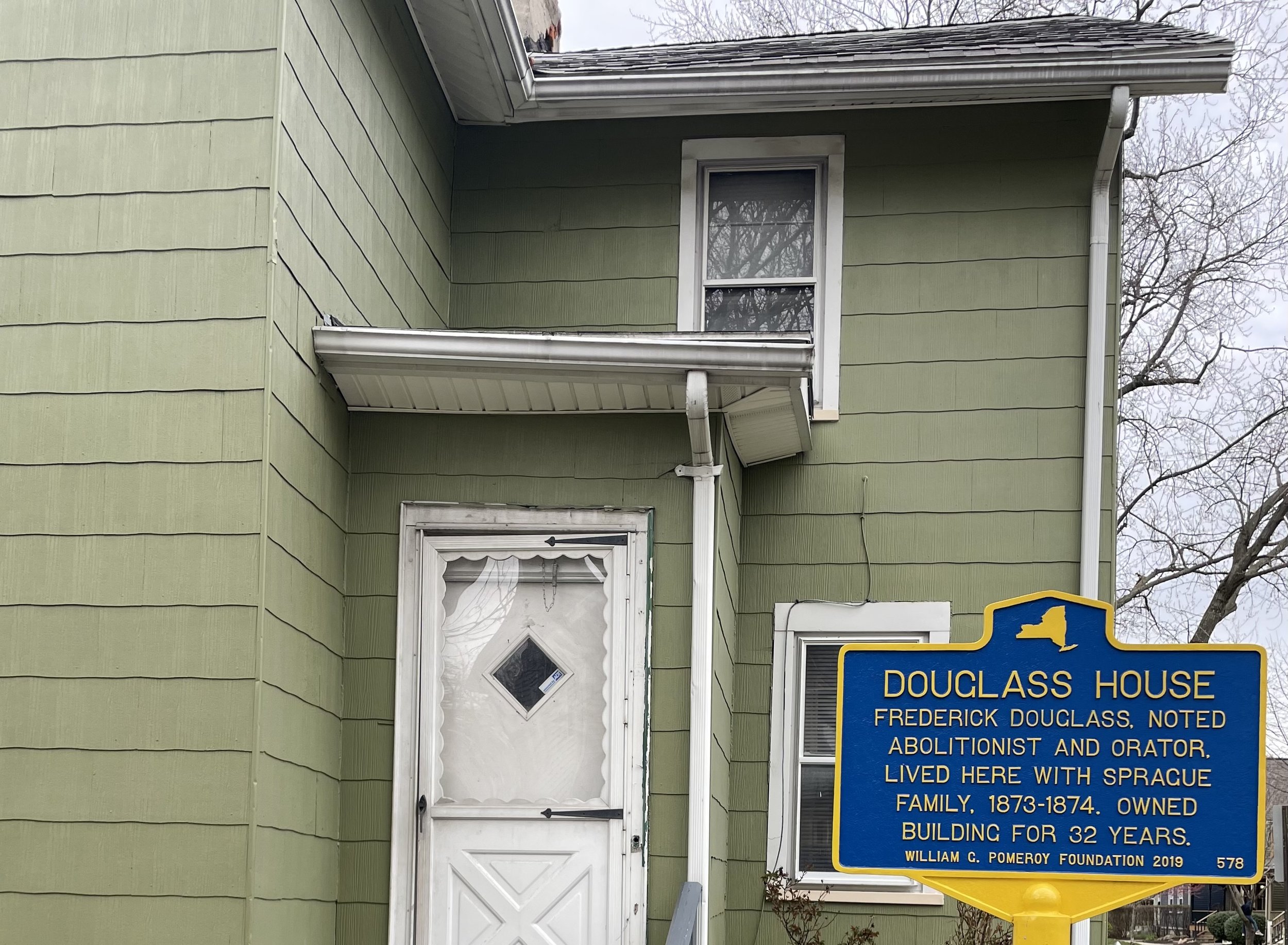Rochester and The Underground Railroad
The Underground Railroad, a series of safe places for people escaping enslavement to rest, was instrumental in helping thousands of people escape the torture of their oppression and find a new life of freedom. Rochester, New York, plays an important role as part of this network of stops and, this year, #DouglassWeek2023 is highlighting the importance of this city in fighting against racial injustice, both past and present.
Frederick Douglass actively supported the Underground Railroad, but he did have concerns about it, which in fact were two-fold. He worried that the Underground Railroad was receiving too much publicity putting many lives in danger, because, of course, its success depended upon secrecy. And he worried for the people who were freed after successfully navigating the Underground Railroad. He believed that these self-emancipated people were not well-equipped to thrive in society that actively sought their denigration and enslavement. This is why Douglass continued to be so vocal about abolitionism and freedom, because until something was done to systematically destroy slavery in the United States, formerly enslaved women, men and children, and Black people in general, would continue to struggle even while free.
Frederick Douglass was joined specifically in Rochester, NY, by many lesser known but still important activists, including Austin Steward, Harriet Jacobs and Reverend Thomas James.
Rochester’s institutions and museums have preserved this history so we can learn more about the Underground Railroad throughout the city and more about the challenges these activists faced.
Join us at #DouglassWeek2023 to learn more about the relevance of this history of the Underground Railroad, Rochester’s contributions and its connection to the contemporary issue of racial justice!
